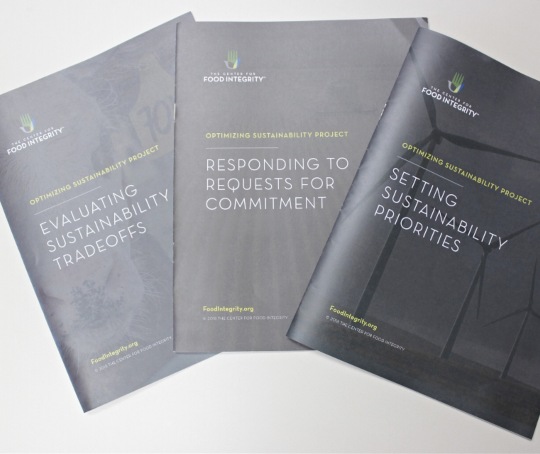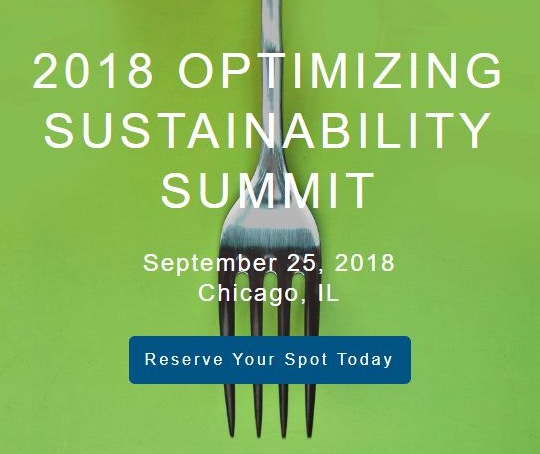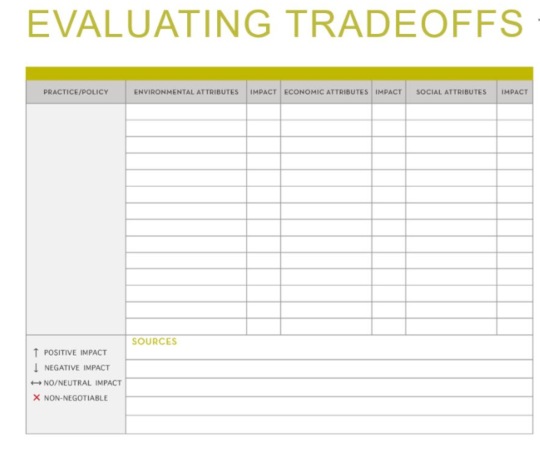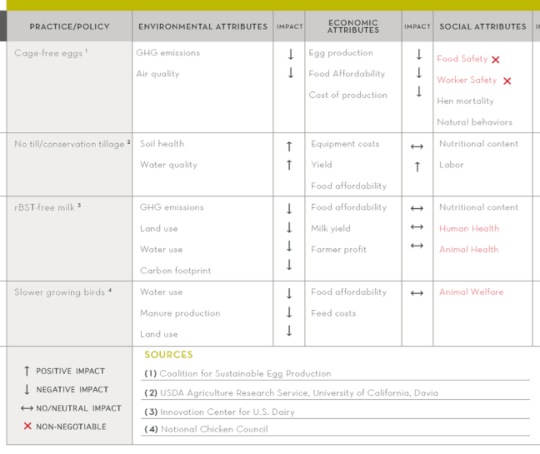
Our Approach
The Center for Food Integrity (CFI)provides organizations a platform and framework to collaborate on issues of shared interest. Look East worked with CFI to create a working group of food industry sustainability professionals across the supply chain, NGOs and academic sustainability experts.
Sustainability was originally synonymous with being “green” – improving and protecting the environment. CFI identified more than 250 separate attributes of sustainability and corporate social responsibility, including health and wellness, animal welfare, treatment of workers, food waste, packaging, impact on local and indigenous communities, and a range of additional issues that impact people, animals and the planet.
To address the new challenge of a single ingredient, process or practice without accounting for the potential impact on the entire food system, Look East evaluated existing research and conferred with the leadership group to define those tradeoffs and support better informed decision making.
The Optimizing Sustainability framework is intended to give food system stakeholders tools and processes to evaluate the growing list of sustainability priorities and determine the impact of potential tradeoffs – allowing them to make better-informed decisions aligned with their values and those of their stakeholders. The framework includes three modules:
- Setting Sustainability Priorities
A guide to establishing priorities based on values and stakeholder interests.
- Evaluating Sustainability Tradeoffs
A guide for evaluating the potential impact of a change in practice on a company’s supply chain.
- Responding to Sustainability Commitment Requests
A guide to navigating the process of engaging and responding to an organization asking for a change in practice in a company’s supply chain.
To launch the framework, an Optimizing Sustainability Summit was hosted at Tyson’s facility in Chicago. More than 50 professionals spanning all sectors of the food system attended. What made this an impressive feat, was getting competitors in the same room to discuss advancements toward the greater good. Through ten years of experience and relationship building, CFI was able to host a conversation and develop a plan of action for sustainability executives.


